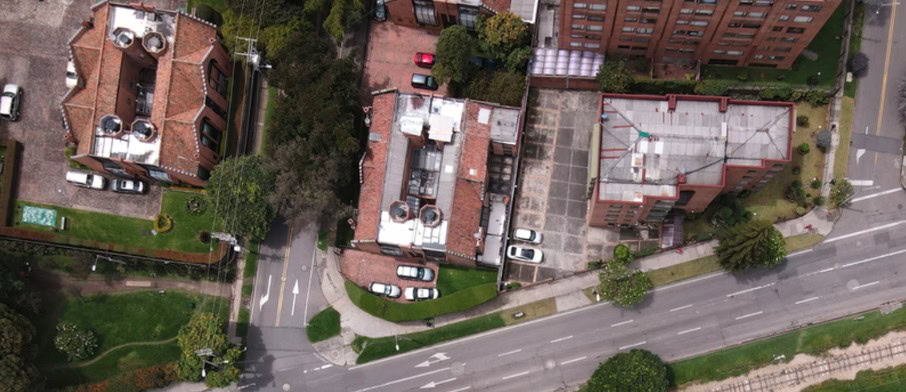The Swiss National Bank on Monday posted an annual loss of 3.2 billion Swiss francs ($3.62 billion) for 2023, as a switch to positive interest rates cost it dearly and meant it couldn’t pay a dividend for a second straight year.
The SNB became the latest central bank to report losses as higher interest rates imposed to fight inflation forced them to pay billions to commercial lenders.
The German central bank last month said it lost 21.6 billion euros last year, wiping out nearly all of its provisions, while its Dutch counterpart lost 3.5 billion euros.
For the SNB, gains made from its gold holdings and interest paid on emergency loans granted during the rescue of Credit Suisse were not enough to offset the cost of the central bank’s tighter monetary policy.
The SNB exited negative interest rates in 2022 and has paid interest of 1.75% since June last year to commercial banks which lodge money with it overnight.
Although sight deposits have declined in recent months, the figure stood at 478.5 billion francs, data showed on Monday.
The tighter monetary policy paid off for inflation in Switzerland, which is much lower than in neighbouring countries. The latest reading on Monday showed Swiss prices rising 1.2% in February, its slowest pace in nearly two and a half years.
The SNB’s profits were also hit by a stronger Swiss franc last year, a by-product of higher interest rates as well as lower Swiss inflation.
Profit from the SNB’s near 700 billion francs worth of foreign bonds and stocks dwindled to 4 billion francs after dividend, interest and valuation gains were hit by 58 billion francs in exchange-rate related lossses.
The 2023 result, which confirmed the SNB’s provisional forecast in January, was an improvement from a record loss of 132.5 billion francs in 2022. But it was not enough to allow a dividend to shareholders or the Swiss central or regional governments for a second year in a row.
It was only the third time the SNB has not paid a dividend in the last 32 years.
Still, the loss is unlikely to affect monetary policy, with Chairman Thomas Jordan, who announced his departure on Friday, due to announce the latest rate decision on March 21.
“I don’t believe that not paying dividends will lead to political pressure on the SNB as the success of its monetary policy is so obvious,” said Karsten Junius, economist at J.Safra Sarasin.
“It has brought Swiss inflation back to its target range faster than all other big central banks, clearly fulfilling its mandate.”
During 2023, the SNB made a profit of 4 billion francs from foreign currency positions, and a valuation gain of 1.7 billion francs on 1,040 tonnes of gold it holds.
It earned a profit of 1.4 billion francs from the 168 billion francs in emergency loans it granted to ease the takeover of Credit Suisse. Much of that money has now been repaid.
Source : Reuters







































































